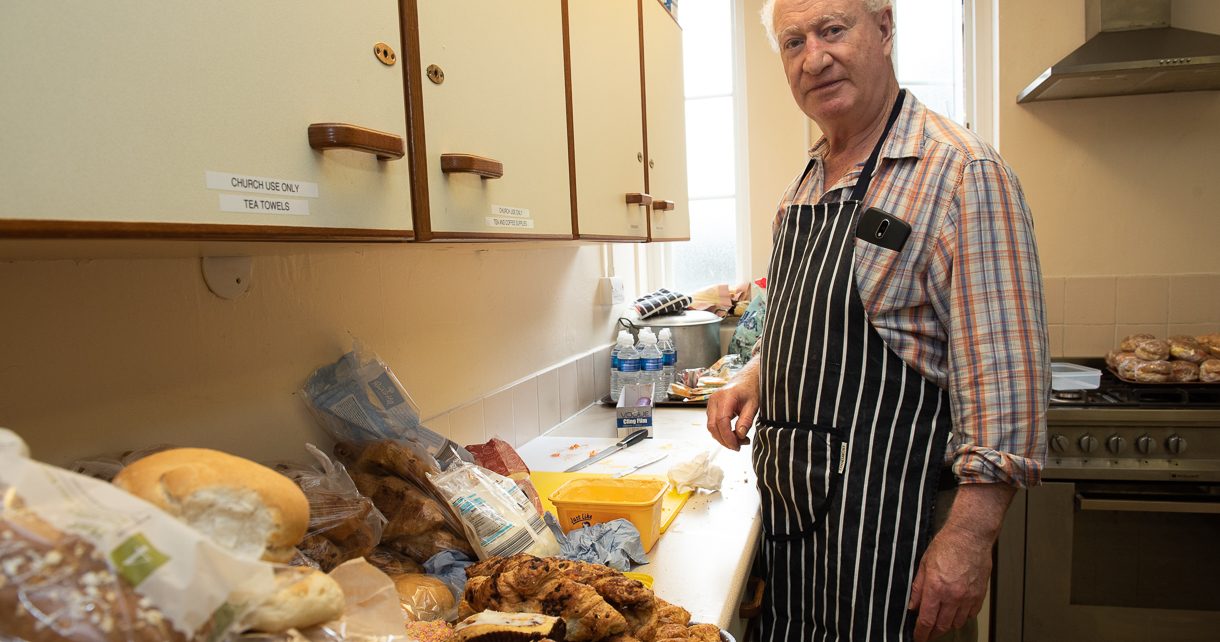Slim chance
New Office for National Statistics (ONS) figures show that bungling Chancellor George Osborne has overshot borrowing targets for 2015/2016 by ÂŁ2.7bn and is on course to miss them again this year.
Osborne’s austerity driven promises to reduce the nation’s debt have been left in disarray after ONS figures showed that borrowing reached a worse-than-anticipated £9.7bn in May.
Despite a drop in net public sector borrowing – excluding public banks – of ÂŁ0.4bn in May compared with the same month last year, the ONS said the sum was ÂŁ0.2bn more than the ÂŁ9.5bn economists’ expected.
The ONS stated that net public sector debt excluding banks increased by £49.6bn to £1,606.9bn over the period – equivalent to 83.7 percent of GDP.
The ONS also added that despite the Chancellor being judged to have borrowed £74.9bn for the 2015/16 financial year, meaning he missed his target by less than previously thought, he has still overshot the Office for Budget Responsibility’s forecast of £72.2bn by £2.7bn.
The figures have again exposed the impossibility of the Chancellor’s pledge to bring the UK’s budget into surplus by 2020, with total borrowing for 2016/17 already hitting £17.9bn, a £0.2bn increase compared with the last financial year.
The jump in spending comes despite tax revenues rising by 3.4 percent to ÂŁ103.8bn over the same period, mainly caused by a 20 percent boost on stamp duty revenues to ÂŁ2.1bn.
However the increase was negated by a 2.1 percent surge in government spending to ÂŁ119.7bn between April and May this year, as costs for benefits, investment and debt interest mounted.
‘Impossible’
Chief UK economist of Pantheon Macroeconomics, Samuel Tombs, said Osborne had a “slim chance” of creating a surplus by the end of Parliament and would find it “impossible” to enact further austerity measures to try and meet it.
“We think that the Chancellor only has a slim chance of meeting his budget surplus goal. In particular, the fiscal projections rest on very optimistic assumptions for revenues from tax avoidance measures and savings from the welfare budget,” he said.
“Meanwhile, the Conservatives’ slim majority in the House of Commons likely means it will be impossible for the Chancellor to get political support for a further intensification of austerity in order to obtain a budget surplus.”
Unite assistant general secretary Steve Turner said the reason Osborne’s dogged ideological commitment to cuts faces such opposition in Parliament is because it is clearly doesn’t work.
“Instead of investing to create a sustainable growing economy with decent work for all, Osborne has chosen to implement cuts, time and time again,” he said.
“It has meant a shredded social security system, public services being cut back and an increase in low paid, insecure work and a weakening economy. The Conservative’s economic policies have been a complete failure for the overwhelming majority of people.
“Many senior economists continue to argue that we need investment to grow the economy in a sustainable way; creating decent work for all with growing wages.”
 Like
Like Follow
Follow


